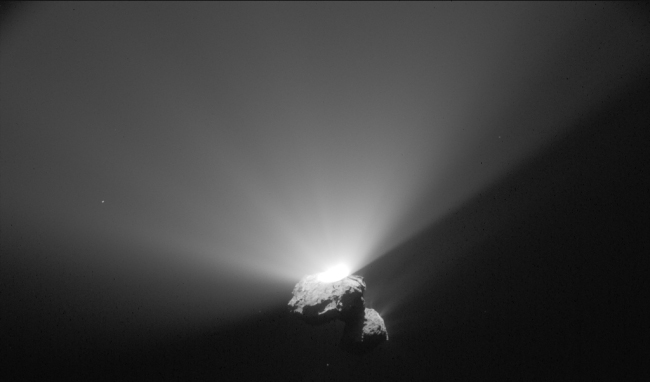SpaceX delays its next launch
SpaceX has decided to delay its next launch for several additional months as it continues its investigation into the June Falcon 9 launch failure.
The next mission on SpaceX’s launch calendar had been a U.S. government ocean-monitoring satellite called Jason 3, but Shotwell indicated that a commercial communications satellite would move to the front of the line. Luxembourg-based SES SA has a contract to fly on the first Falcon 9 rocket that features an upgraded first-stage engine. The upgrade will allow SpaceX to attempt to land its rockets back at the launch site from high-altitude missions so they can be refurbished and reused.
They had originally hoped to return to flight in September. This is now probably delayed until November. However, that their next flight will include the upgraded Merlin engine and it will be a commercial flight means they will once again likely try for a vertical landing of that first stage. Moreover, SES has already said that if the landing is successful it wants to buy that first stage for a future launch. SES hopes to save money this way, while also encouraging innovation in the launch market which it sees as a long term gain for putting its payloads into orbit.
SpaceX has decided to delay its next launch for several additional months as it continues its investigation into the June Falcon 9 launch failure.
The next mission on SpaceX’s launch calendar had been a U.S. government ocean-monitoring satellite called Jason 3, but Shotwell indicated that a commercial communications satellite would move to the front of the line. Luxembourg-based SES SA has a contract to fly on the first Falcon 9 rocket that features an upgraded first-stage engine. The upgrade will allow SpaceX to attempt to land its rockets back at the launch site from high-altitude missions so they can be refurbished and reused.
They had originally hoped to return to flight in September. This is now probably delayed until November. However, that their next flight will include the upgraded Merlin engine and it will be a commercial flight means they will once again likely try for a vertical landing of that first stage. Moreover, SES has already said that if the landing is successful it wants to buy that first stage for a future launch. SES hopes to save money this way, while also encouraging innovation in the launch market which it sees as a long term gain for putting its payloads into orbit.


 />
/>


